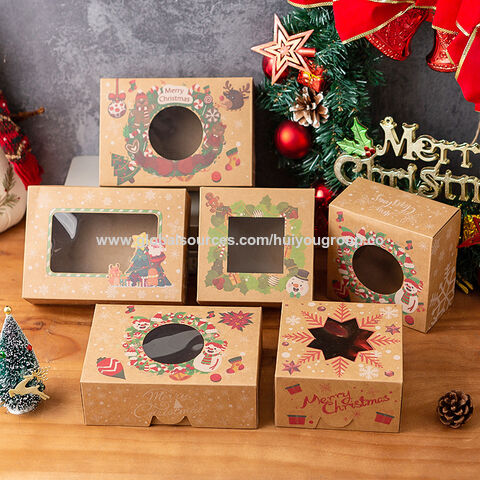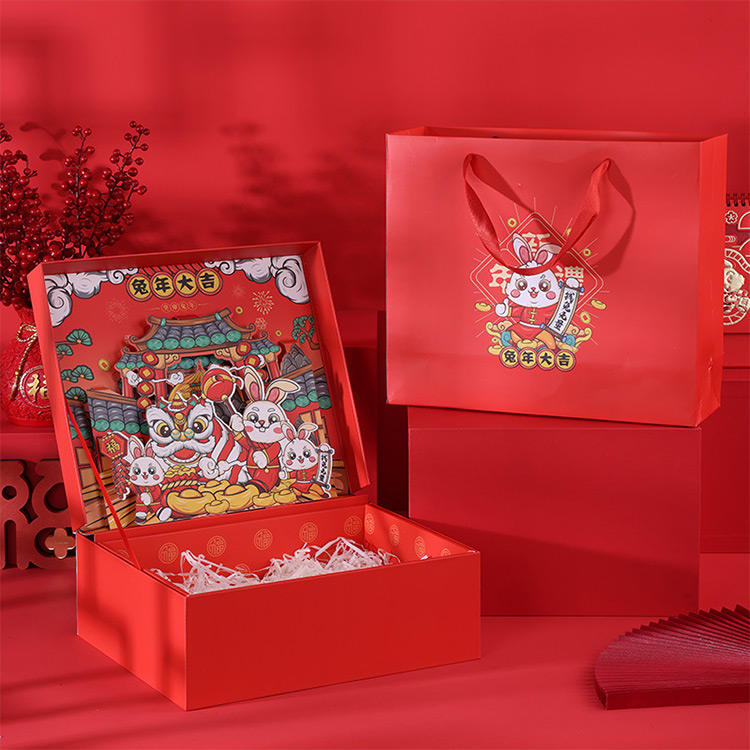40 Excellent Tips For Picking Creative Chinese Gifts
Wiki Article
Top 20 Tips On The Authenticity Of Chinese Gifts
Assuring the authenticity and cultural value of Chinese-made products is essential to preserving their cultural values and ethical standards. Here are some tips for determining the authenticity of gifts made by Chinese culture:
Research and Knowledge
Understand the Item. Find out the story as well as the material used and the quality of the present. As an example, jade and silk are both made of distinct materials and have distinct textures.
Study regional crafts: Different parts of China have a reputation for certain types of crafts. Jiangsu is known for its Yixing teapots, whereas Jingdezhen is a producer of porcelain.
Recognize traditional techniques: Authentic pieces typically employ traditional techniques, such as hand carving and hand painting or hand embroidery.
Material Verification
Jade: It's real amazing with a silky and waxy feel. Fake jade may feel like plastic or contain air bubbles.
Silk: Real silk is smooth and soft with a natural sheen. Burning a small thread produces a smell similar to that of hair that has been burned. Synthetic fibres, however melt.
Porcelain Authentic porcelain has a fine, smooth finish, is translucent, lightweight and very lightweight. Press it lightly and you'll hear a clear, distinct tone.
Tea: Chinese teas with high-quality aromas, flavours and appearances are called Pu'er (or Longjing). Purchase tea from reputable merchants.
Craftsmanship Detailing
Handmade vs. mass-produced: A gift that is handmade will often have slight imperfections or unique features that differentiate it from items that are mass-produced.
Detailed Designs: Chinese traditional crafts, like cloisonne or embroideries, have intricate patterns that are hard to reproduce with machines.
Artist Signatures Some items that are handmade (such as paintings or calligraphy) may include the artist’s seal or their signature.
Seller and source
Buy from reputable sellers like well-established Chinese brands and cultural institutions, or certified artisans.
Certificates of authenticity: Look for items with documents such as certificates for tea, jade and paintings.
Beware of Tourist Traps Be careful when purchasing from areas that are crowded with tourists, since copyright products are commonplace in these places.
Online Research Read reviews and rating for online sellers.
Cultural and Histories Context
Design and symbolism: Genuine items incorporate traditional symbols such as dragons and motifs like floral patterns and phoenixes.
Find out the accuracy of historical research to determine if an object adheres to the practices in the era. For example, blue-and-white authentic porcelain is based on specific Ming and Qing dynasties designs.
Price and Value
If the cost is shockingly low, it may be a fake. Genuine Chinese crafts usually are more expensive because of the labor and materials required.
Compare the prices. Compare similar products and look at the cost per unit to determine if you find a bargain.
Ethical Considerations
Fair Trade and Sustainability Help artisans and brands who are committed to fair wages as well as sustainable practices and the preservation of culture.
Beware of Cultural Exploitation. Ensure that the present does not represent a mass-produced copy of the culture.
Tips for verification that can be used in practical ways
Feel the Texture: Real materials, such as jade, silk and wood, are characterized by distinct textures.
Check Labels. Certain products, such as tea or porcelain, have labels that could identify their source or authentic.
Ask Questions: Find out about the origin of the item, its materials and the manufacturing process. Reputable dealers will give you detailed details.
These 20 suggestions can help make sure that your unique gifts originate from Chinese tradition reflect their culture and authentic. Check out the best feng shui wallet for more info including Chinese great christmas gifts, Chinese unique gifts for women, Chinese best christmas presents for men, Chinese women gift ideas, Chinese gifts store, Chinese wedding gifts, Chinese best mom christmas presents, Chinese unique gifts for female, Chinese personalized ornaments, Chinese unique gifts for women and more.

Top 20 Tips On Cultural The Appropriateness Of Gifts Derived By Chinese Culture
It is essential to choose gifts that are considerate and culturally appropriate when choosing creative gifts from Chinese culture. Here are some tips to select items that are a reflection of Chinese culture and avoid cultural insensitivity.
Understanding Cultural Context
Learn about the significance of symbols. Be aware of the significance and meanings of symbols, colours, and motifs. You should avoid giving white or dark gifts as these colors are associated with grief.
Respect sacred objects Don't give replicas of sacred or spiritual artifacts. For example, Buddha statues. Unless you know the recipient it is advisable to stay clear of gifting them unless you know they will be treated with respect.
Avoid Stereotypes. Do not give items that reinforce stereotypes. These include cheap mass-produced products with exaggerated Chinese images.
Gift-Giving Etiquette
Deciding on the appropriate gift for the occasion is crucial. For instance red envelopes are given for Lunar New Year. They are not suitable for funerals.
Utilize golden or red wrapping paper for gift wrap to mark special occasions. The colors of these are associated with luck and prosperity. Be sure to wrap your gifts in black or white.
The presentation is essential: If you are in a formal setting, give gifts using hands in order to show respect.
Avoiding Taboos
Clocks Don't give clocks for "giving an item of time" (? Song zhong "giving a timepiece" in Chinese sounds like attending a funeral (? ?, song zhong) in Chinese.
Avoid Sharp Objects. Knives, scissors as well as other sharp objects are a symbol of cutting off the ties.
Handkerchiefs are typically associated with goodbyes or other celebrations. Therefore they shouldn't be used for happy occasions.
Don't give pear in pairs, because the term "pear" (?"li") is a synonym for "to segregate".
Respecting Regional Diversity and Ethnic Diversity
Regional Specificity: Be aware that regional differences exist. A gift popularized in southern China for instance could not be as valuable in northern China.
If you are giving items to ethnic minorities, such as Tibetans, Miaos or Uyghurs, be sure the products were sourced using respect and ethics.
Modern Gifts vs. Traditional Gifts Tradition vs. Modern
Blending Traditions Contemporary interpretations of traditional gifts (e.g. modern jewelry featuring ancient motifs) could be a thoughtful method to celebrate Chinese culture.
Avoid Over-Commercialization: Be cautious of overly commercialized items that exploit cultural symbols for profit without honoring their meaning.
Background and Preferences of the Recipient
Cultural Sensitivity: Think about the recipient's background cultural. A Chinese person might appreciate a gift with a cultural significance, but an un Chinese person will prefer something with greater appeal.
Personal Connection: Choose gifts that reflect the recipient's passion or connection to Chinese Culture, such as an art set or a calligraphy set for someone who is a fan of art.
Ethical and authentic Sourcing
Support Chinese artisans: Purchase from brands and artisans who are trusted, while respecting the Chinese culture.
Beware of counterfeits: Make sure the item is authentic and not a fake, as copyright items can be a threat to the values they represent.
The Gifts are symbolic and auspicious.
Positive Symbols - Select items that have a positive meaning like jade for protection, dragons for power or symbols of double happiness that bring marital bliss.
Avoid Negative Meanings: Check whether the present doesn't accidentally convey negative meanings. Avoid, for example, the gift you give that has the number 4 that is believed to be a symbol of death.
Additional Tips
Ask someone who is knowledgeable about Chinese culture for guidance.
Be educated: Study the cultural significance of a gift in order to better explain its significance to the recipient. This will foster appreciation and understanding.
Avoid overgeneralization. Be aware of the variety of Chinese cultural practices and realize that there are many different symbols and traditions that are universal.
These 20 guidelines can help you to ensure that the gifts you make to Chinese culture will be culturally appropriate, respectful and significant. This will lead to greater appreciation of the rich history represented by these gifts. Have a look at the recommended china anniversary gifts for more examples including Chinese cool gifts, Chinese personalized xmas gifts, Chinese birthday gifts, Chinese unique gifts for female, Chinese unique gifts for female, Chinese personalized xmas gifts, Chinese christmas gift ideas, Chinese gifts shop, Chinese men valentine gifts, Chinese christmas ideas and more.
